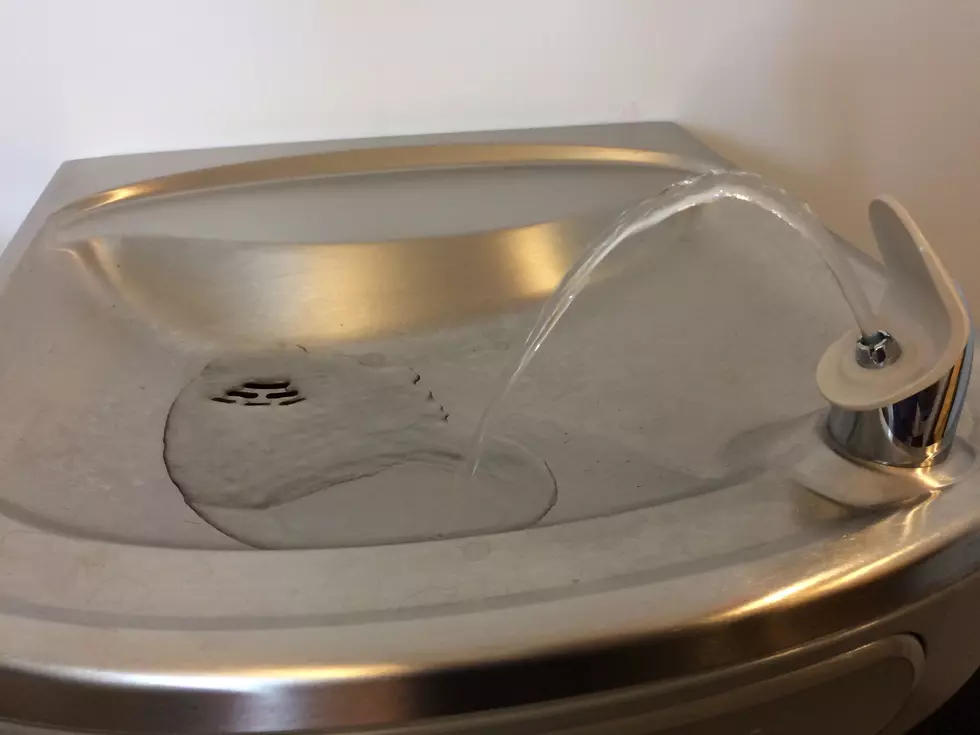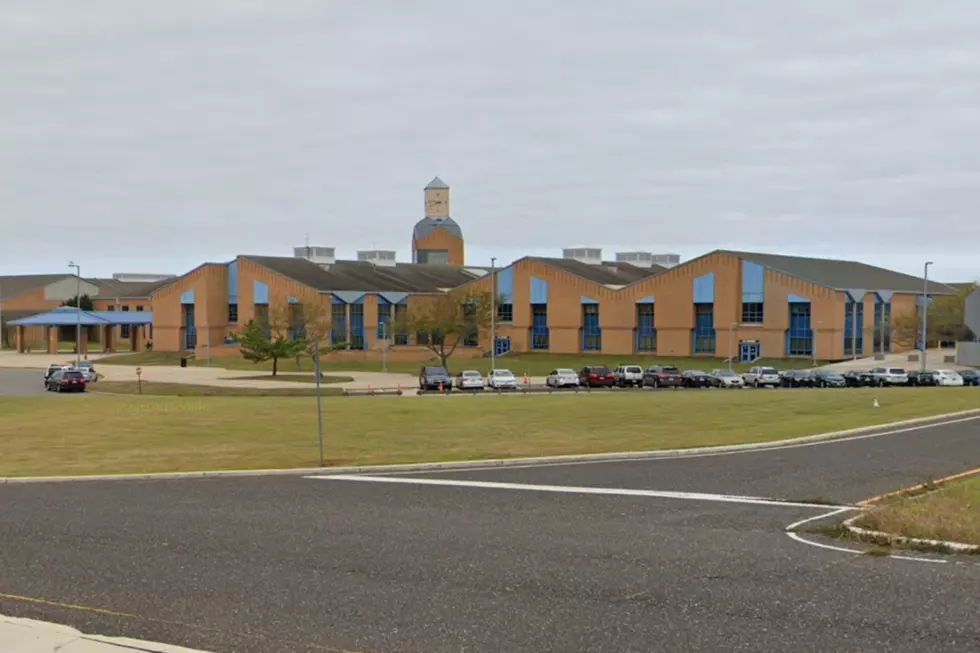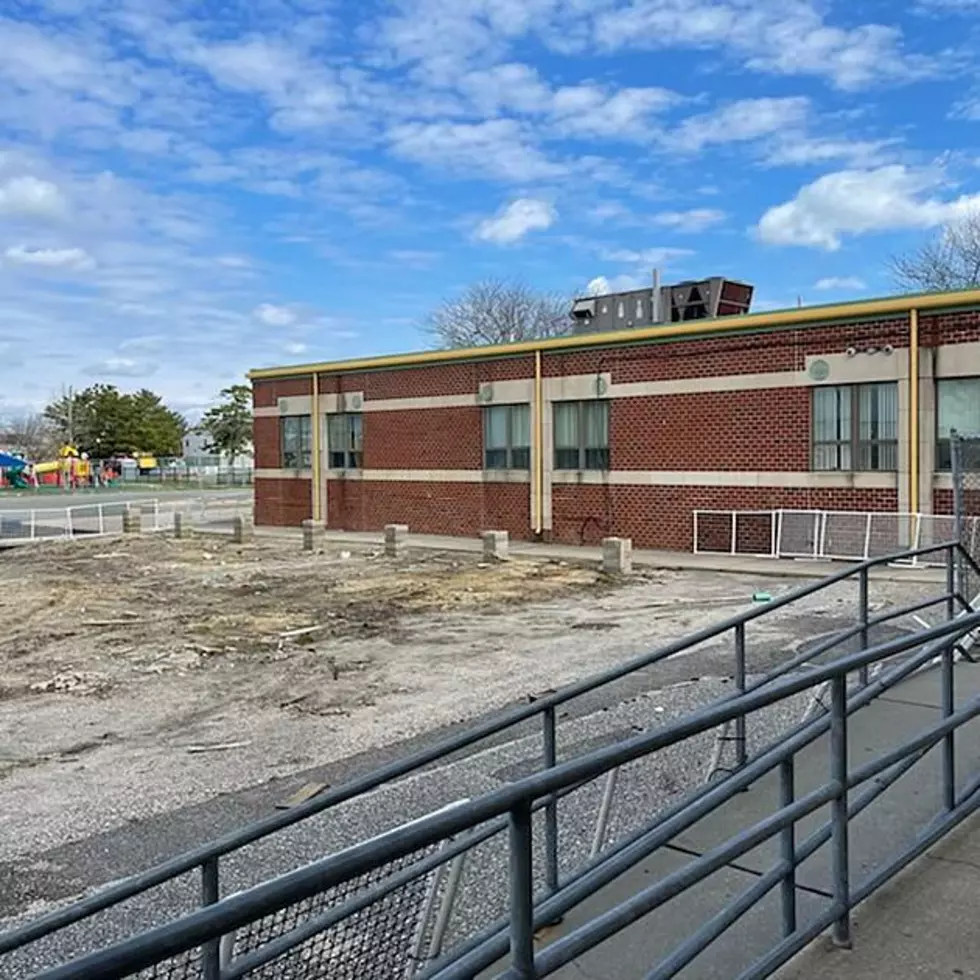
Lead Detected in Water at 92% of Atlantic County, NJ, Schools Analyzed in Report
As water systems across New Jersey begin the process of getting all lead service lines replaced over the next several years, an analysis released Wednesday shows how common the toxic element is at schools across Atlantic County.
According to a report from Environment New Jersey Research & Policy Center and the Black Church Center for Justice and Equality (BCC), 92% of Atlantic County schools with available testing data had lead in their water at one or more taps as recently as 2017. In Pleasantville and Galloway, 45% of the tested faucets and fountains were tainted with lead — all 13 schools in the two districts had lead in their water, according to the report.
The report mostly used data available on the New Jersey Department of Education website, as school districts are required to collect samples from all water sources. Researchers were able to access data for 66 out of 72 schools in the county, which serves about 43,000 students.
"Unfortunately, today's data is likely just the tip of the toxic iceberg when it comes to the threat of lead contamination in our schools' drinking water," Julia Geskey, with Environment New Jersey Research & Policy Center, said during a virtual press event. "Because lead testing is highly variable, the water from a fountain or from a faucet can still be highly hazardous even if several samples fail to detect lead."

Any water samples that detected lead at 2 parts per billion or 1 part per billion, depending on the lab, were considered to have no lead.
"We're declaring today very clearly that lead in school water is sin. It is structural sin, and we are grateful that we can atone for those sins," said Pastor Willie Francois, BCC president.
According to the groups behind the report, several local officials said the findings have convinced them to take decisive action. BCC was scheduled to meet with school board leaders in Pleasantville late Wednesday.
"Zero lead in our waters makes me comfortable," said Jerome Page, president of the Pleasantville School Board.
According to Page, the district has already purchased a number of water fountains equipped with filters, and more filters will be purchased for the district's kitchens.
According to BCC, Galloway schools are also looking at remediation efforts. Atlantic City Councilman Kaleem Shabazz, meanwhile, vowed to consider action on citywide measures to address the problem, such as filters and water stations at parks, playgrounds, and libraries.
"Lead threatens our kids’ health, especially how they learn, grow and behave," the report says.
The report lays out a number of recommendations for Atlantic County schools to ensure safe drinking water:
- Replace water fountains, a common source of lead, with water bottle/hydration stations equipped with filters certified to remove lead
- Install filters on any other taps used for drinking water
- Shut off taps where lead has been detected, until a filter is installed
- Replace lead-bearing fixtures and plumbing over time where feasible
Water systems in New Jersey are in the process of notifying all homeowners who are served by a lead service line. A law signed by Gov. Phil Murphy in July requires public community water systems to inventory and replace lead service lines within 10 years.
2021 NJ property taxes: See how your town compares
New Jersey's smallest towns by population
More From WPG Talk Radio 95.5 FM










